Balancing Belize’s Rich Heritage with Global Influences
Let’s face it—American culture has long been a global juggernaut. From Hollywood’s silver screen to the ever-present sounds of pop music and viral trends, American influence has become an inescapable part of the global cultural landscape. In many places, its reach is readily apparent, but in some, it’s more subtle—yet, no less significant. Belize, a small Caribbean nation with a population just over 400,000, has not remained immune to this cultural tide. Over the decades, American customs and trends have found their way into Belizean life, influencing everything from entertainment to fashion, holidays, and even social behavior.
For a country as culturally diverse and historically rich as Belize, the infusion of foreign customs raises important questions: How do we retain our unique identity in the face of overwhelming global influence? And how can we protect and celebrate our roots while navigating an increasingly interconnected world?
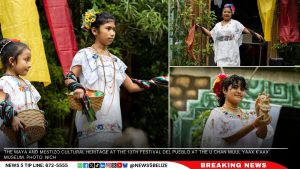
The Reach of Americanization
A powerful example of American cultural infiltration can be seen in the rise of basketball. While this sport, born on American soil in 1891, has undoubtedly provided a platform for Belize’s youth to engage in positive activities like the Live Life Basketball Youth Tournament, it also marks a shift. It’s not just a sport—it’s a reflection of the broader American cultural influence. The same is true for other American imports including language, and, in some cases, even political ideals have seeped into Belizean society.
Take Thanksgiving, for another example—a holiday that is not observed as a national holiday in Belize, yet continues to find its way into local homes. For many, it remains just another workday, but for an increasing number of households—particularly the tourism industry that hosts American and Canadian visitors—Thanksgiving is now a day for feasting and festivities. The cultural conundrum here is not about rejecting these influences but about understanding how they reshape our local customs.
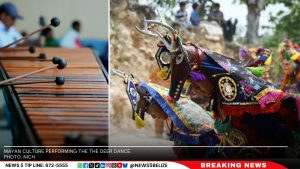
The Digital Highway
One of the most visible conduits of this cultural transformation is the media. With the rise of the internet and social media, Belizeans are more connected to American culture than ever before. From blockbuster films and TV shows to viral TikTok challenges, the influence is ubiquitous. A typical day for most people often involves scrolling through Instagram or TikTok, consuming content dominated by American trends, lifestyles, and ideals.
However, this subtle cultural shift is not just a local phenomenon—it is part of a larger picture fuelled by soft power. Soft power refers to the ability of a country to influence others through culture, diplomacy, and values, as opposed to military force or economic pressure. The United States, with its entertainment industry, globalised brands, and educational programs, has excelled in this form of influence.
Finding Balance Amidst Change
The challenge, as Kim Vasquez, Director of the Institute of Creative Arts (ICA) at the National Institute of Culture and History (NICH), aptly puts it, is not to reject these influences but to embrace them while remaining grounded in one’s cultural heritage. “We embrace and recognise that Belize is multicultural. We have a blend here of different cultural groups—Maya, Creole, Garifuna, Mestizo, East Indian, and other cultural groups. And it is okay to have external influences, but it is so important that you love and feel a sense of pride,” she said. “You must be proud, and you must have a knowledge of your cultural background of what is Belizean,” she added.
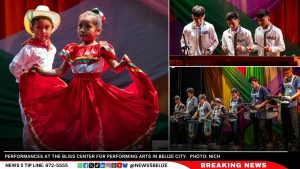
This philosophy of cultural preservation is not just theoretical—it is actively being embodied by various communities in Belize. One notable example is the Garifuna community, which is experiencing a cultural revival, reconnecting with its African, Arawak, and Carib roots to preserve its unique heritage. This recent movement, led by cultural activists Mathew and Virgin Martinez, is inspiring a new generation to embrace Garifuna traditions, including language, music, dance, and cuisine.
Once marginalized, Garifuna culture is now being celebrated, due to the efforts of groups like Ugundani, a dance collective founded by Naomi Guzman. Their work, along with the recognition of Garifuna culture by UNESCO in 2001, has elevated the Garifuna identity. Today, young Belizeans, including members of the Lirahinu Ugundani group, are learning traditional dances and drumming, ensuring that this rich culture continues to thrive for future generations.
NICH’s Path to Preservation
Yet, this delicate balance between embracing external influences and preserving local traditions is harder to strike than it might seem. The more we are exposed to American media, whether through TV, TikTok, or social media, the easier it is to embrace foreign trends. But this is where NICH’s outreach becomes vital. Programs like the National Festival of Arts, the Southern Maya Deer Dance in Pueblo Viejo, and events at the Houses of Culture aim to remind Belizeans—particularly youth—of the cultural richness Belize is known for.
Vasquez said, “We work with cultural organisations and schools to keep traditions alive and make sure that young people are engaged in their culture.”
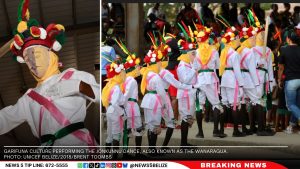
But it’s not just about holding on to the past. The institute is also using modern tools to reach younger generations. By creating accessible digital content, Vasquez said NICH has “been trying to put out more videos, showcasing these cultural dances, showcasing food, showcasing whatever event the communities are having at that particular moment,” using the same tools as American media. Additionally, through initiatives like the 501 Academy and online learning platforms, NICH is providing opportunities for people to engage with Belizean culture from anywhere in the world.
A Culture That Adapts, Not Fades
The overlapping of culture is inevitable. The fusion of cultures is as old as human civilisation, and in many ways, it enriches societies by broadening perspectives. But for Belize, the key to thriving in this new world lies in finding a balance: adapting to new trends without sacrificing the essence of what makes the nation uniquely Belizean.
While the influence of American culture continues to grow, there are signs of hope. Initiatives to preserve language, music, and traditions are ensuring that Belize’s cultural identity will endure, even as it evolves.
The true test of a nation that prides itself on being uniquely Belizean lies in striking a delicate balance between adapting and preserving its culture. Belize’s cultural diversity is its greatest strength, and the efforts of organisations like NICH, along with educators and local cultural leaders, form the backbone that ensures Belizean cultures remain alive.
By Benita Keme-Palacio, Creative Digital Content Assistant





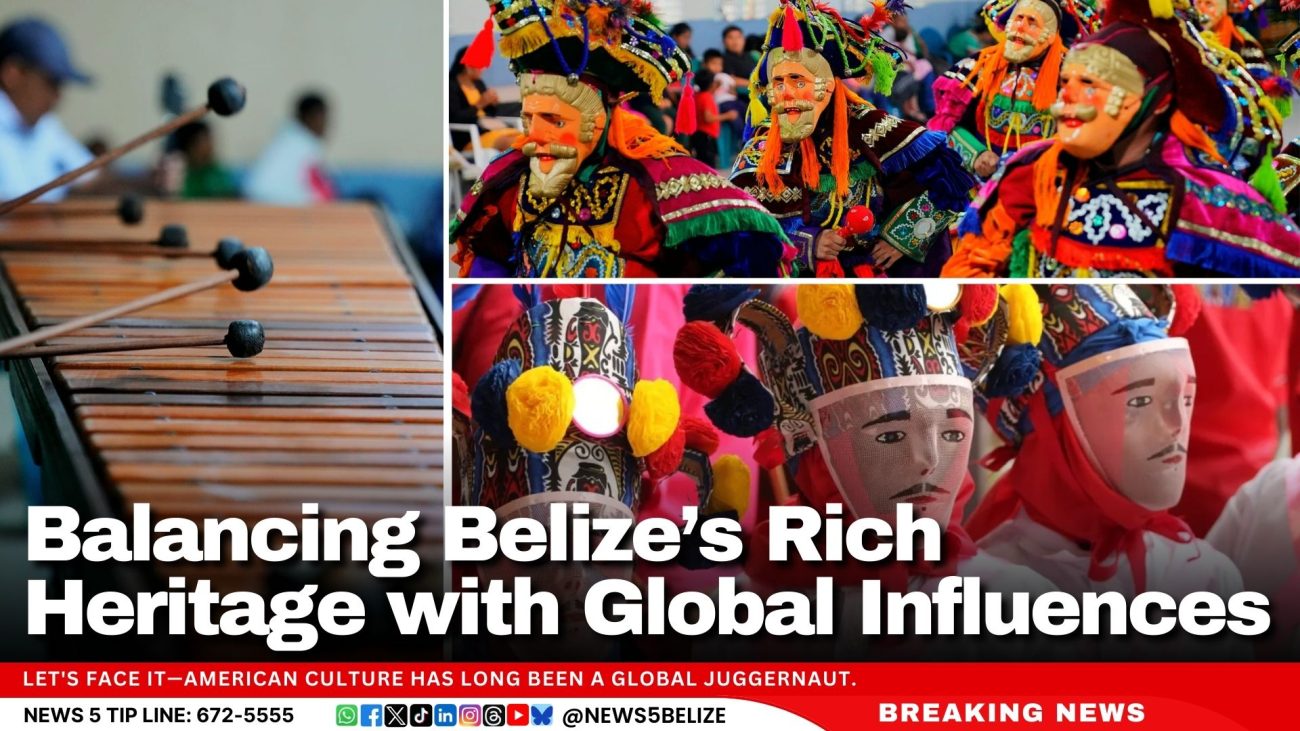

Facebook Comments